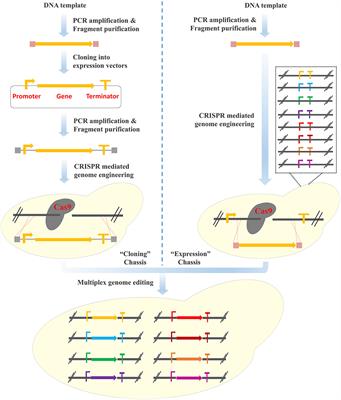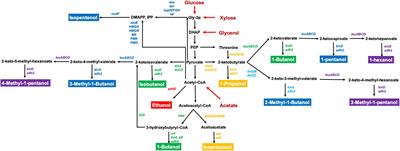BRIEF RESEARCH REPORT
Published on 14 Jan 2021
PCR & Go: A Pre-installed Expression Chassis for Facile Integration of Multi-Gene Biosynthetic Pathways

doi 10.3389/fbioe.2020.613771
- 2,986 views
- 17 citations
4,401
Total downloads
19k
Total views and downloads
BRIEF RESEARCH REPORT
Published on 14 Jan 2021

ORIGINAL RESEARCH
Published on 15 Oct 2020

MINI REVIEW
Published on 03 Jul 2020

ORIGINAL RESEARCH
Published on 30 Jun 2020
